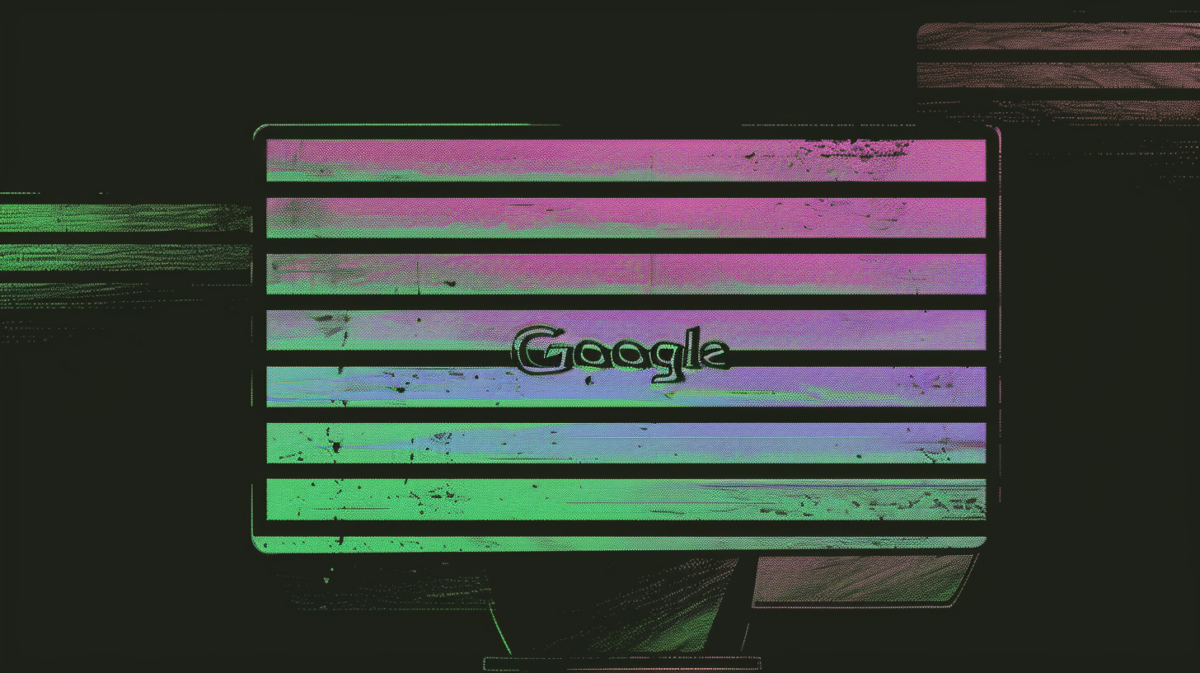OpenAI has made two major announcements at once with GPT-4o and its new ChatGPT desktop application. While GPT-4o shines with its multimodal capabilities, the desktop application could become the real strategic weapon to challenge Google's web dominance - and change the Internet.
With GPT-4 omni, OpenAI has introduced a new multimodal model that is primarily characterized by its versatility and low latency at low cost. It extends the capabilities of GPT-4 with multimodal features such as real-time audio and video processing and enables more natural conversations. However, compared to GPT-4 Turbo, the performance improvements in terms of intelligent capabilities appear to be incremental.
But when we look back in a few years to May 13, 2024, the most important news might be the ChatGPT desktop application, available first for MacOS, with a Windows version to follow. The application provides quick access to ChatGPT and integrates features such as screenshots and voice mode. It is simply more versatile and easier to use than the browser version.
Video: OpenAI
ChatGPT's desktop app is OpenAI attacking the browser
The desktop app makes it clear that OpenAI wants to get out of the browser and onto the desktop.
The browser is the old Internet. The world of websites. The realm of Google.
But OpenAI wants to create a new way of using computers and the web. An assistant that does it all for you. What you need, when you need it, just by saying it out loud.
OpenAI CEO Sam Altman makes this clear in his blog post about GPT-4o: "Talking to a computer has never felt really natural for me; now it does. As we add (optional) personalization, access to your information, the ability to take actions on your behalf, and more, I can really see an exciting future where we are able to use computers to do much more than ever before."
The desktop app, with access to microphone, camera, files, logins, screens, and more, is the best place to do it. And app users, even on smartphones, won't even be tempted to be distracted by Google and the Web.
The WWW has little place in this new way of interacting with computers. At best, it feeds current information to the machines, which explains OpenAI's deals with publishers. The disappearance of the Web as we know it would have far-reaching consequences.
